The meeting was attended by members of the Editorial Board from various ministries and ministerial-level authorities, including the Ministry of Industry and Trade, the Government Office, the Ministry of Justice, the Ministry of Finance, the Ministry of Construction, the Ministry of Transport, the Ministry of Education and Training, the Ministry of Science and Technology, the Ministry of Natural Resources and Environment, the Ministry of Planning and Investment, the Ministry of Information and Communications, and the Ministry of Agriculture and Rural Development. Additionally, representatives from political and social organizations, industry associations, and corporations.
Minister of Industry and Trade, Mr. Nguyen Hong Dien chaired the meeting.
Previously, on December 17, 2024, the Government issued Resolution No. 240/NQ-CP following its November 2024 special session on legislative development, which included conclusions on the proposal to amend and supplement certain provisions of the Law on Using Energy Efficiency and Conservation. The Government agreed on the necessity of amending this law to institutionalize the Party’s policies on energy efficiency and to effectively achieve set objectives, including the goal of reaching net-zero emissions by 2050, as committed by Vietnam at the 26th United Nations Climate Change Conference (COP 26).
Based on the provisions of the Law on Promulgation of Legal Normative Documents, the Ministry of Industry and Trade has conducted a comprehensive review and evaluation of the existing regulations; established the Editorial Board (comprising 29 members) and the Editorial Team (comprising 38 members); and widely solicited public opinions on the draft law.
The Law on Using Energy Efficiency and Conservation (Law No. 50/2010/QH12) has been in effect since January 1, 2011. This law marks a significant milestone in Vietnam’s legislative framework for energy efficiency. Law No. 50/2010/QH12 affirms the Party and Government's consistent policy of prioritizing energy efficiency, recognizing it as a key component of economic development strategy, energy security, and environmental protection.
However, after more than 15 years of implementation, certain shortcomings have emerged, necessitating a review and amendments to some provisions of the law and related legislation. These changes aim to promptly address evolving social and economic realities in energy use across various industries, including manufacturing and processing, while also tackling new global challenges.
Director of the Department of Energy Efficiency and Sustainable Development, Ms. Nguyen Thi Lam Giang, reports at the Meeting.
At the meeting, the Editorial Team presented reports on the following topics: (1) The implementation plan for the draft amendments and supplements to the Law; (2) The proposed allocation of tasks among the members of the Drafting Committee; (3) Key orientations for revising the Law; (4) The draft Law and the Government’s proposal. After reviewing the reports and examining the draft Law, representatives from 11 corporations and government ministries provided feedback during the discussion. The key recommendations and proposals focused on strengthening mandatory measures within the Law instead of relying on incentives, as is the case with the current legislation. Additionally, there were calls to encourage technological transformation and the adoption of energy-saving solutions through specific incentive mechanisms, such as tax and land-use benefits. For businesses operating in specialized sectors such as transportation and agriculture, participants emphasized the need for thorough research and review to ensure the effective application of the Law. The Ministry of Industry and Trade acknowledged these suggestions and committed to studying the feedback from ministries and agencies to refine the legislative dossier by established procedures.
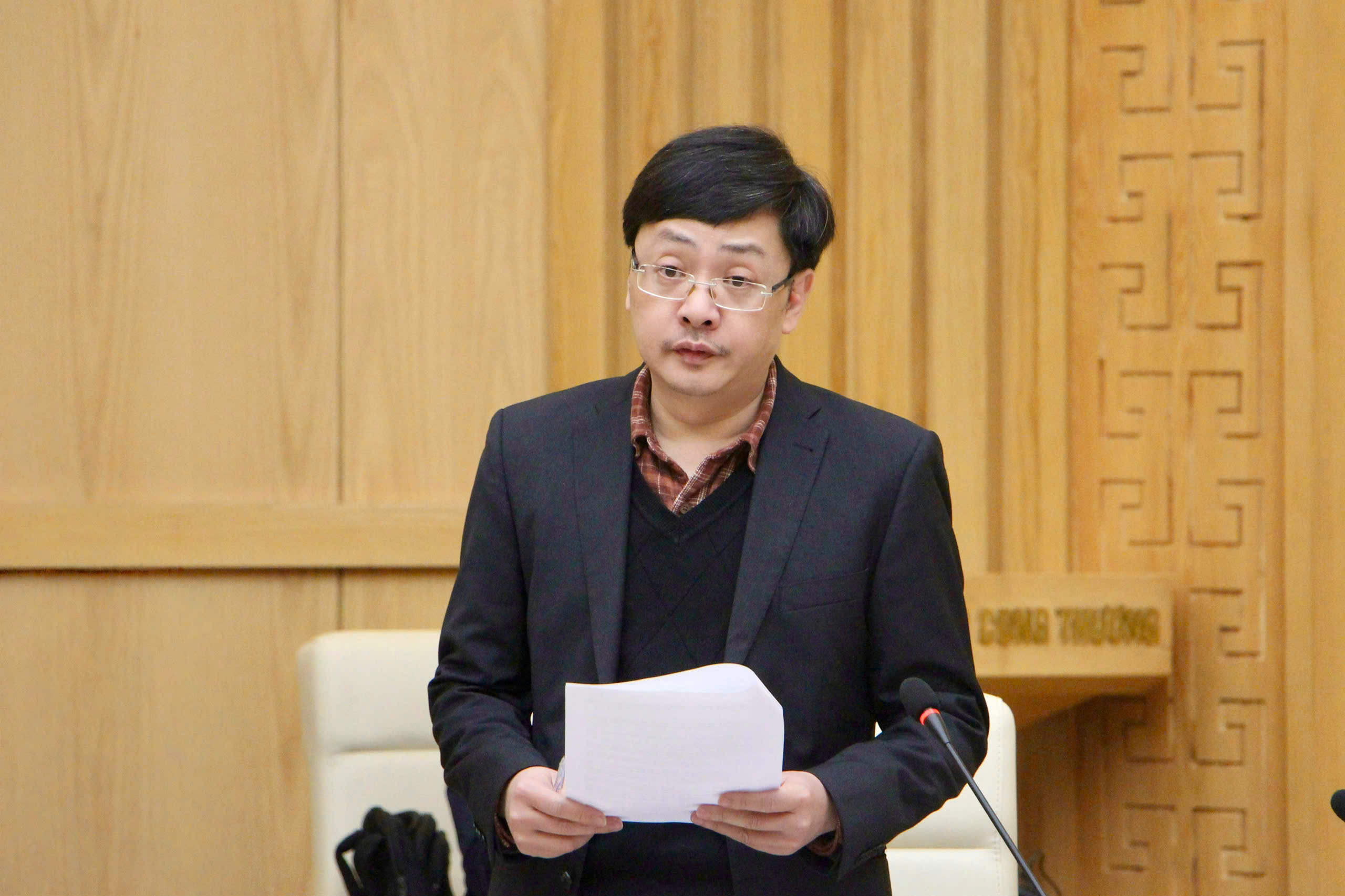
Deputy Director of the Department of Energy Efficiency and Sustainable Development, Mr. Dang Hai Dung reports at the Meeting.
The revision and supplementation of certain provisions of the Law on Using Energy Efficiency and Conservation are essential to further institutionalize the Party and Government's policies, address domestic challenges, align with international laws and practices, and enhance the effectiveness of state management. The amendments aim to eliminate obstacles, create a favorable legal framework, and strengthen mechanisms that encourage and promote energy efficiency initiatives.
Furthermore, revising the Law will enable Vietnam to attract and mobilize international resources to support energy-saving investments and facilitate the transition to an energy-efficient market.
Mr. Vo Quang Lam, Representative of Vietnam Electricity (EVN).
Representative of Vietnam National Coal and Mineral Industries Group (Vinacomin).
Mr. Nguyen Huu Tien, Deputy Director of the Department of Science, Technology, and Environment, Ministry of Transport.
Mr. Nguyen Tuan Quang, Deputy Director of the Department of Climate Change, Ministry of Natural Resources and Environment.
Representative of the Ministry of Finance.
Representative of the Ministry of Justice.
Mr. Nguyen Cong Thinh, Deputy Director of the Department of Science, Technology, and Environment, Ministry of Construction.
Mr. Nguyen Dinh Hiep, Chairman of the Vietnam Association of Energy Efficiency and Conservation Science and Technology.
Conclusion of the Meeting by Minister of Industry and Trade, Mr. Nguyen Hong Dien.
After listening to the Editorial Team’s report, Minister Nguyen Hong Dien highly appreciated the contributions of the Editorial Board members. He emphasized that the development of the amended Law on Using Energy Efficiency and Conservation is necessary to institutionalize the Party's policies on efficient energy use and effectively achieve the set objectives, including Vietnam’s commitment to net-zero emissions by 2050, as pledged at the 26th United Nations Climate Change Conference (COP 26).
The amendments aim to address pressing domestic issues, align with international laws and practices, enhance state management efficiency, remove obstacles, and create a favorable legal framework. They also strengthen incentive mechanisms to promote energy efficiency nationwide.
Moreover, the revisions will help Vietnam leverage international resources to support energy-saving investments and facilitate the transition to an energy-efficient market.
The Editorial Board agreed on the implementation plan proposed by the Editorial Team and largely approved the first draft of the amended Law and the Government’s proposal. The Editorial Team was instructed to continue incorporating feedback from members and relevant agencies to refine the draft Law and the Government’s proposal, which must be submitted to the Ministry of Industry and Trade for further review before February 12, 2025.
The Editorial Team was further requested to:
+ Continue reviewing and fully institutionalizing the Party and State’s policies on energy efficiency.
+ Summarize relevant legal provisions on energy efficiency, retain effective regulations, and introduce new provisions to address existing legal gaps and emerging practical issues, ensuring energy security.
+ Draft the law concisely, focusing on key policies and necessary amendments while reducing administrative procedures and maximizing decentralization to allow local authorities and businesses greater autonomy.
Key Principles for Drafting the Amended Law - Institutionalizing the Party and Government's policies on energy efficiency. - Contributing to economic development while ensuring energy security and environmental protection, in line with a state-regulated market economy and international economic integration. - Strengthening the effectiveness of state management in energy efficiency, reinforcing the roles and responsibilities of ministries, local governments, and businesses. - Encouraging the development of industries with low energy and natural resource consumption while introducing control policies for energy-intensive sectors. - Building on and enhancing existing energy efficiency laws to meet practical needs. |
Source: Department of Energy Efficiency and Sustainable Development, Ministry of Industry and Trade.
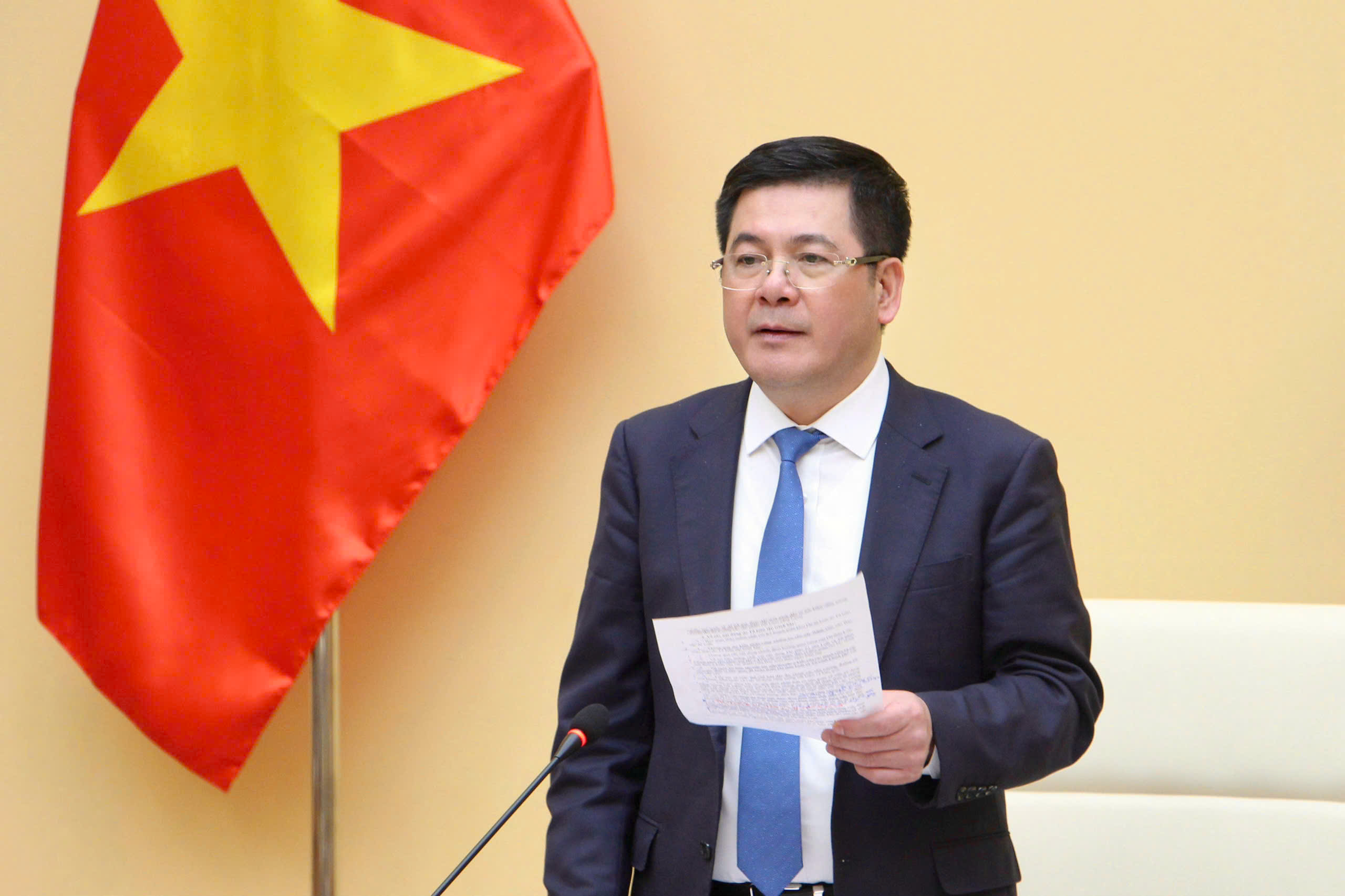
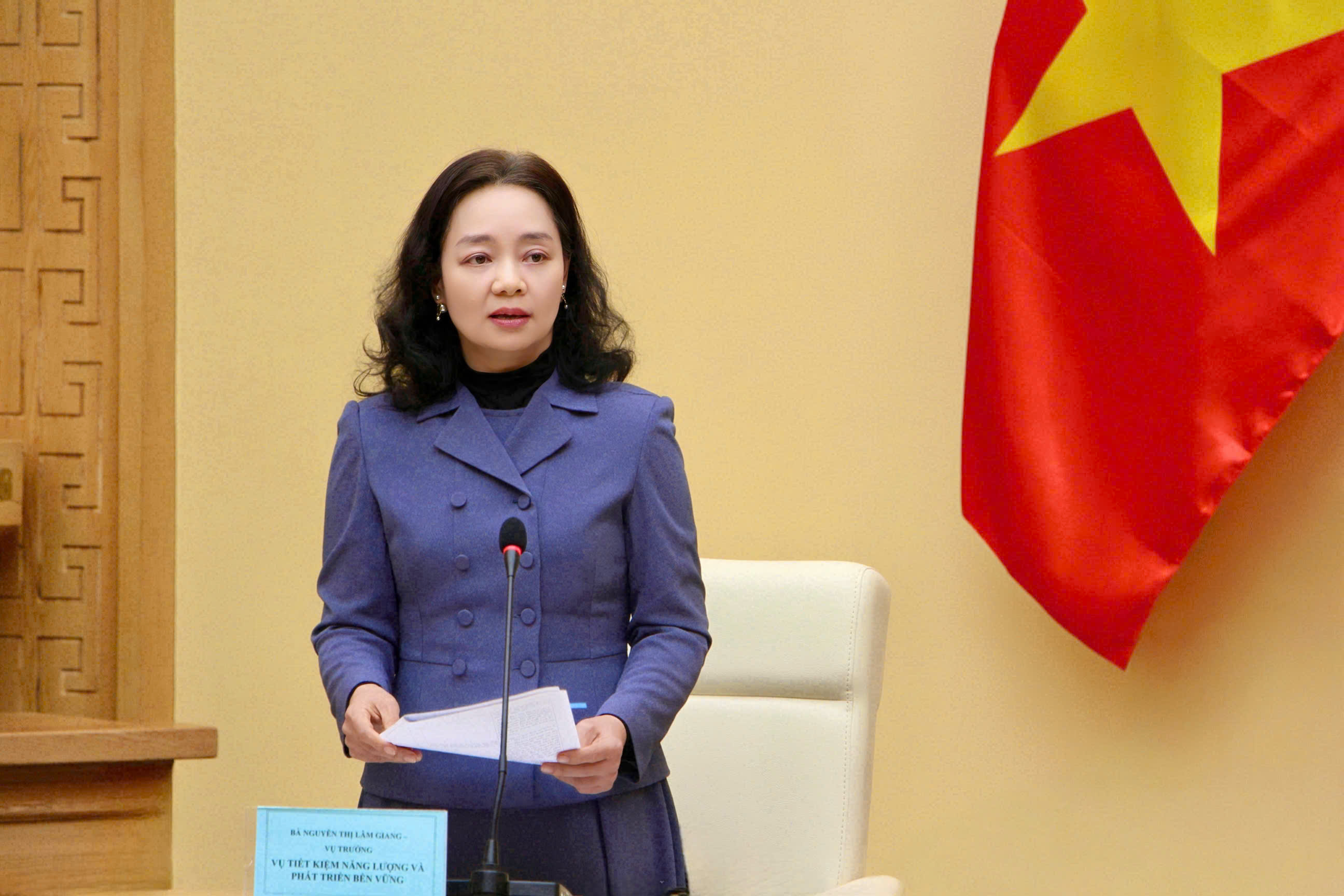

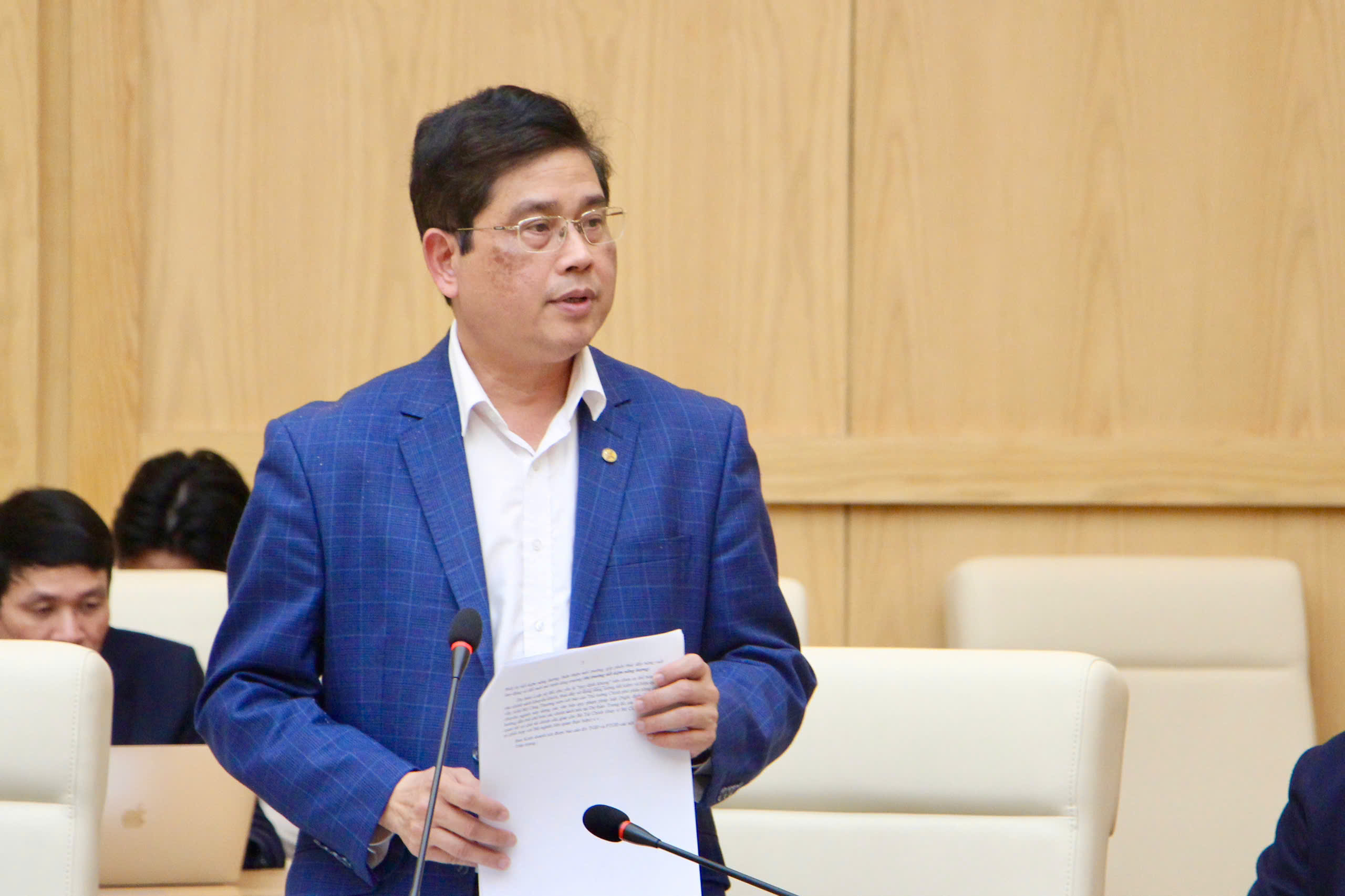
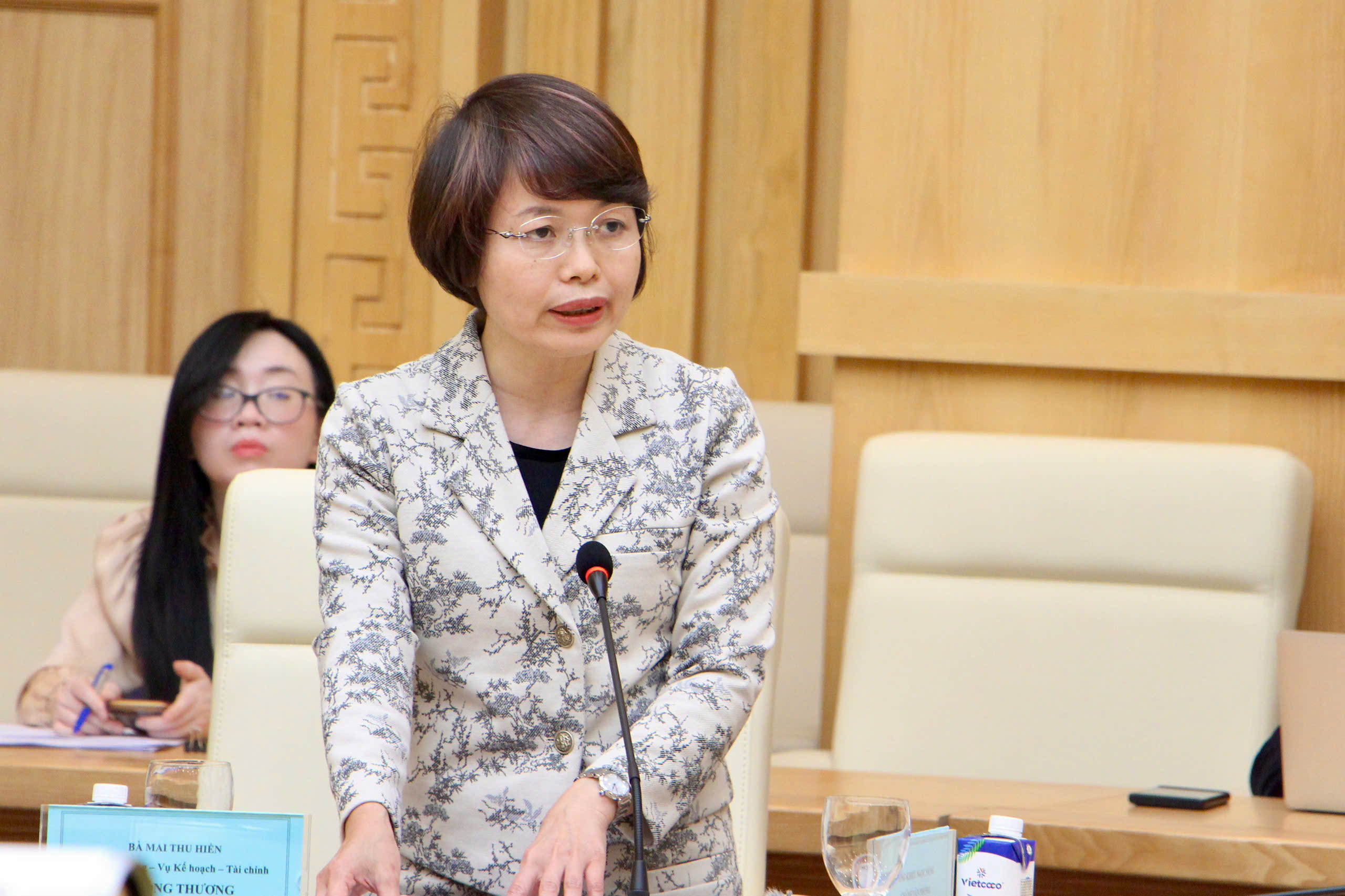
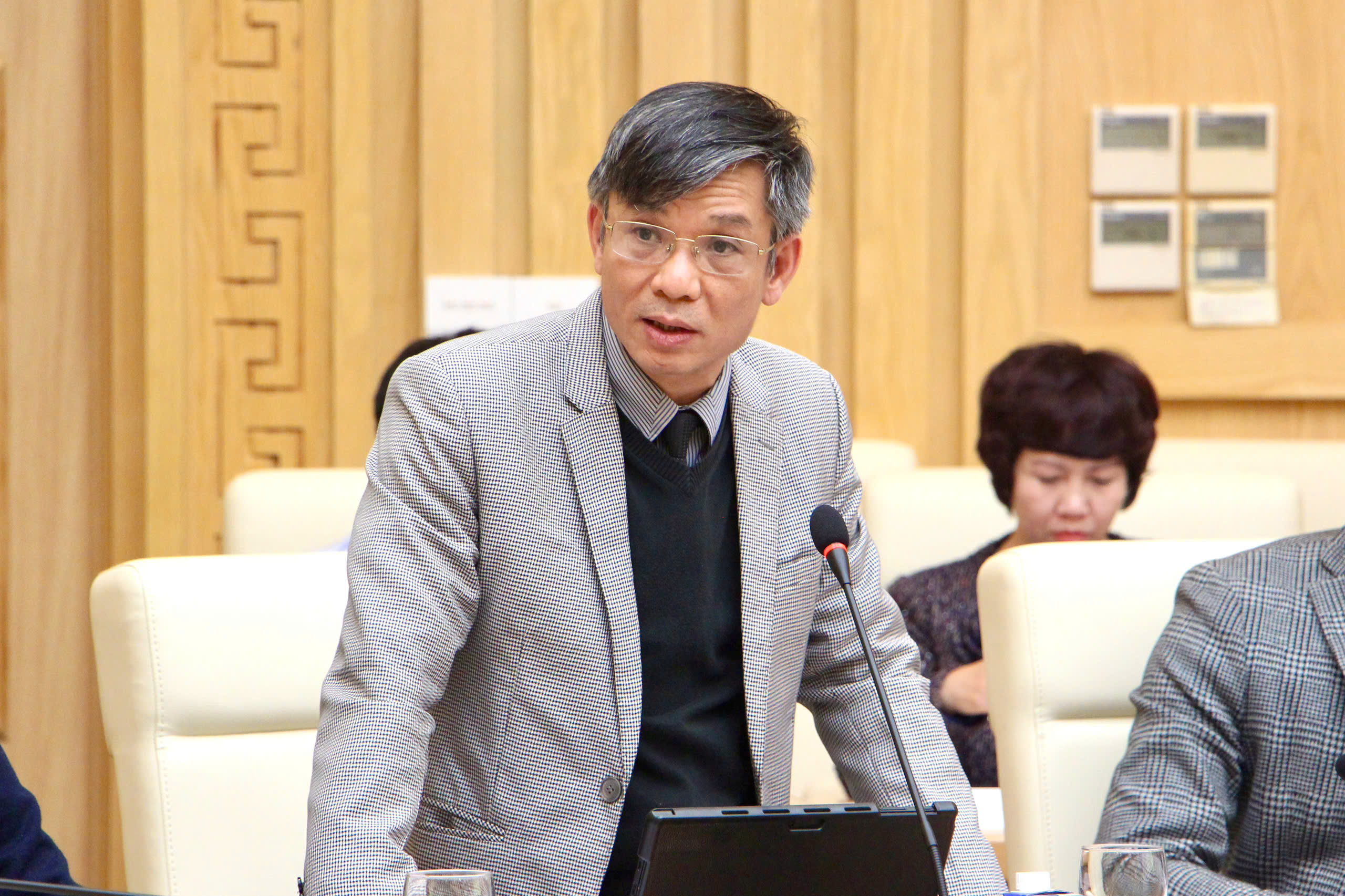
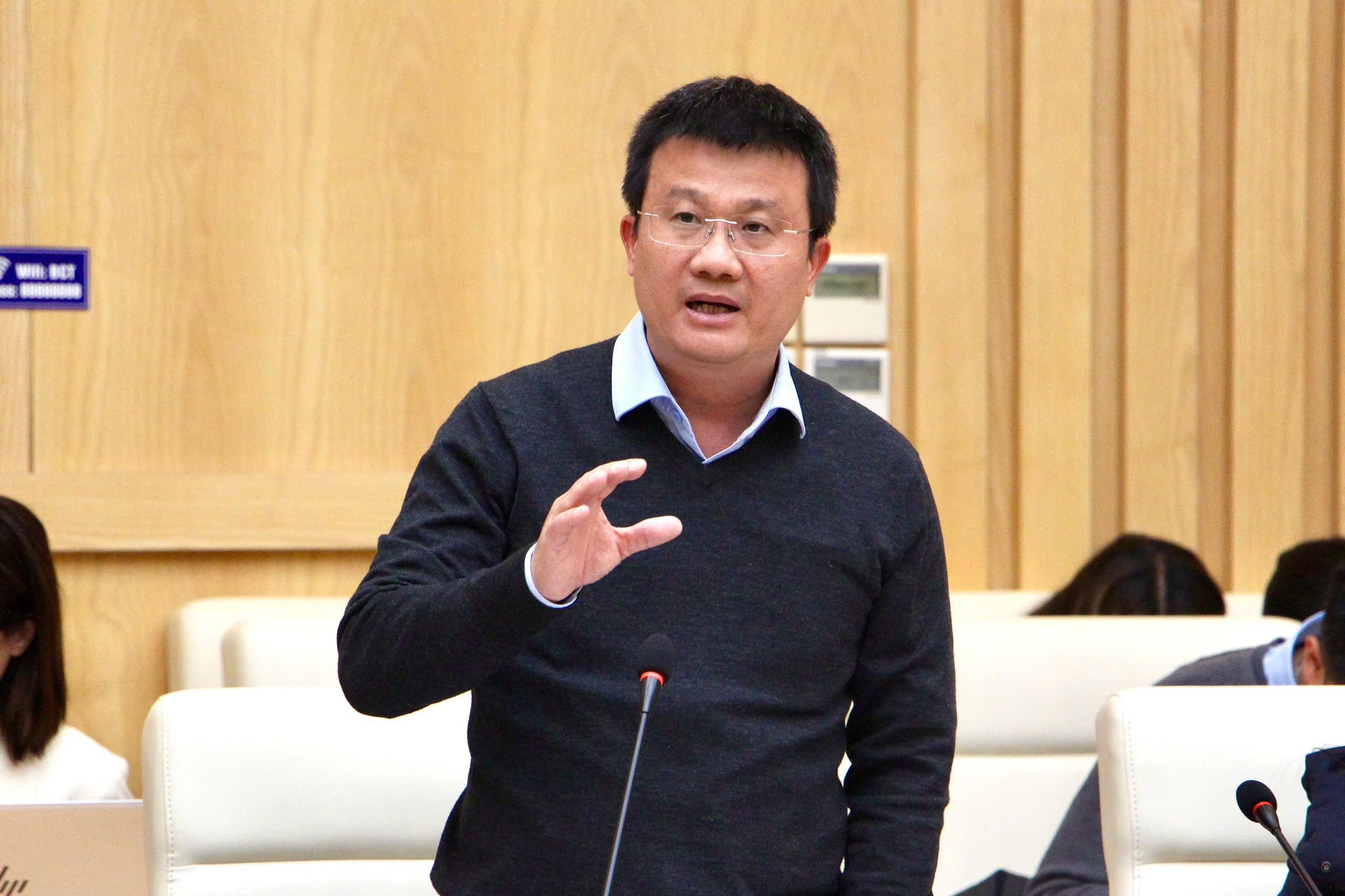
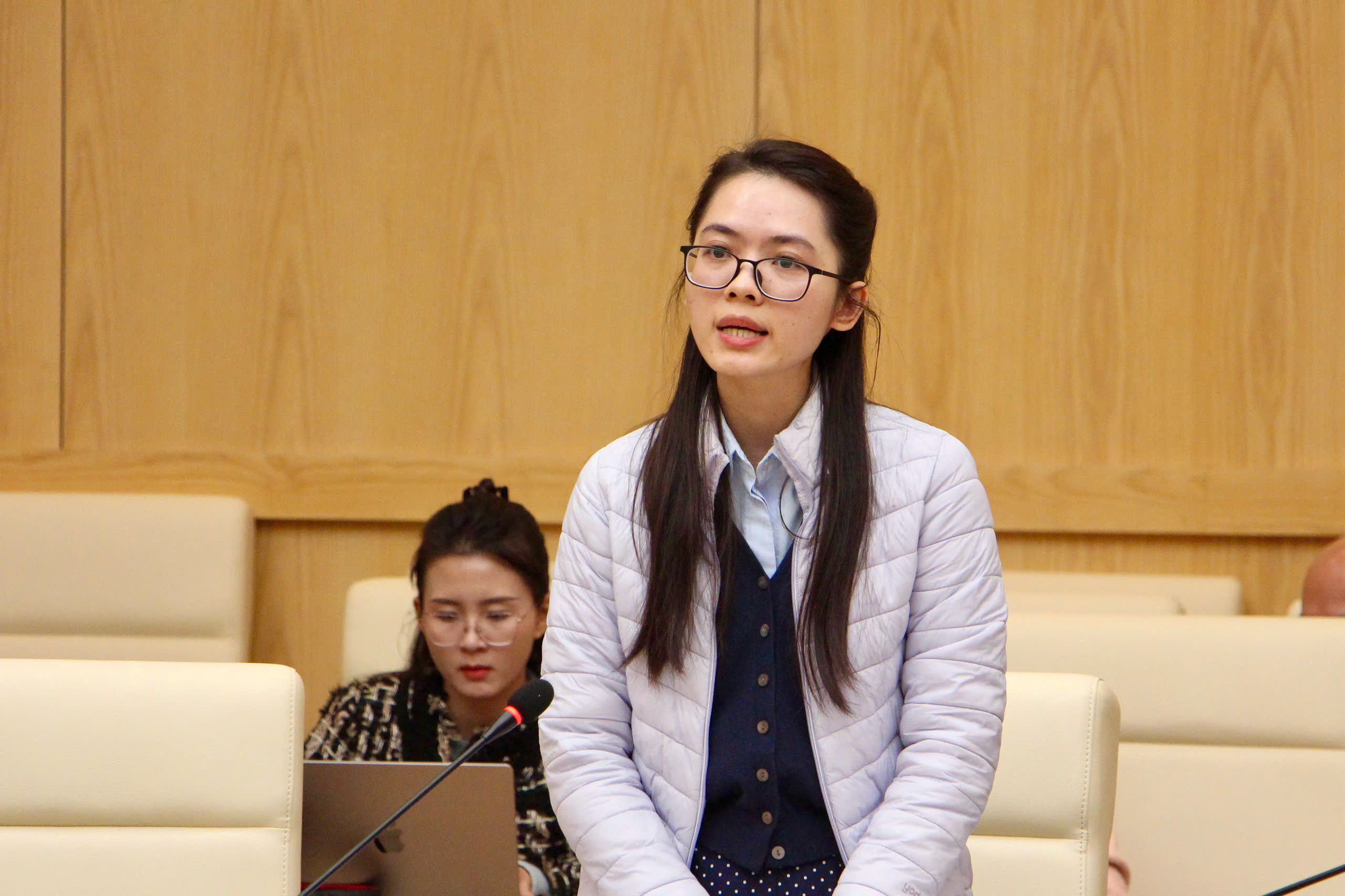
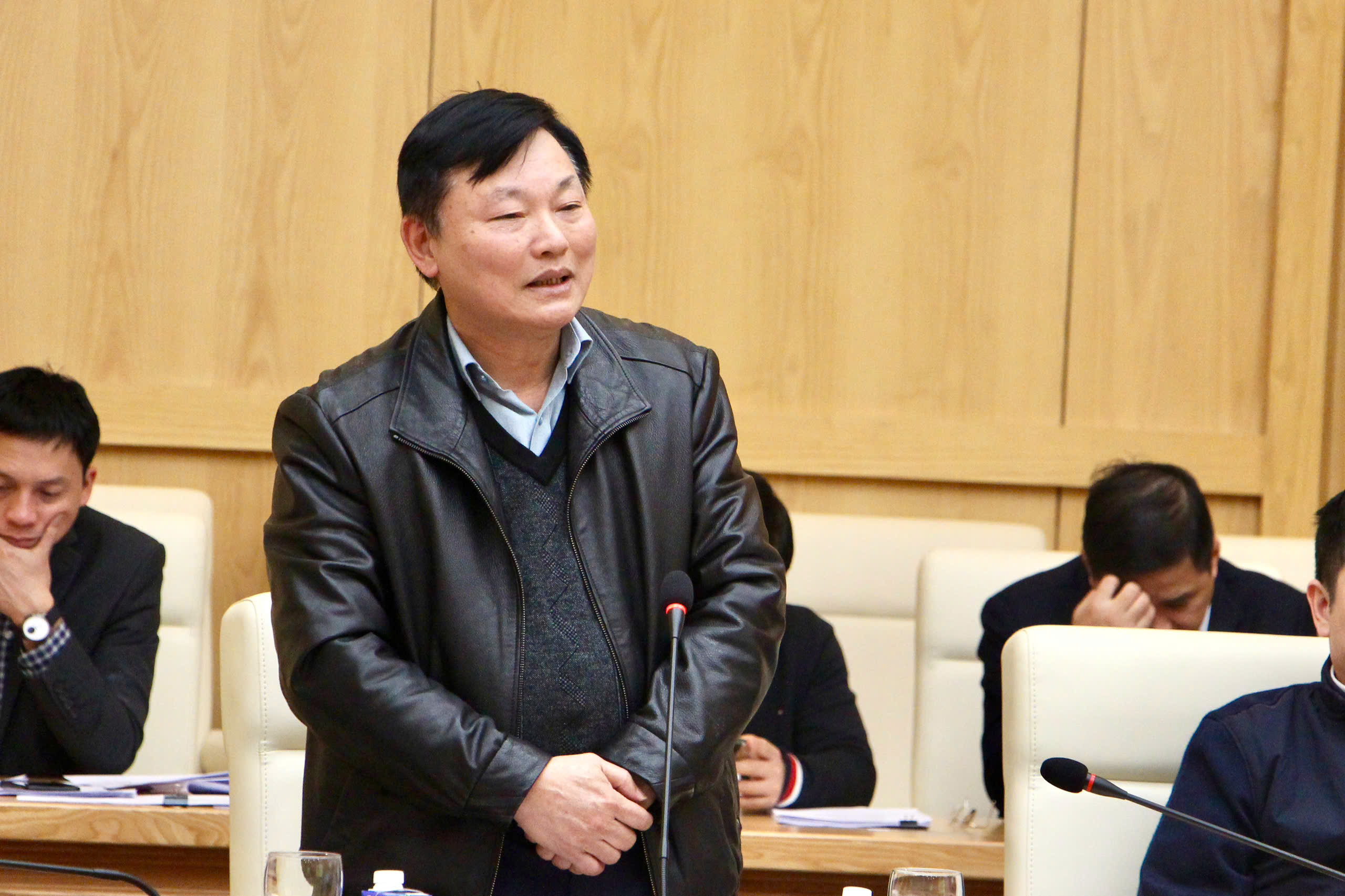
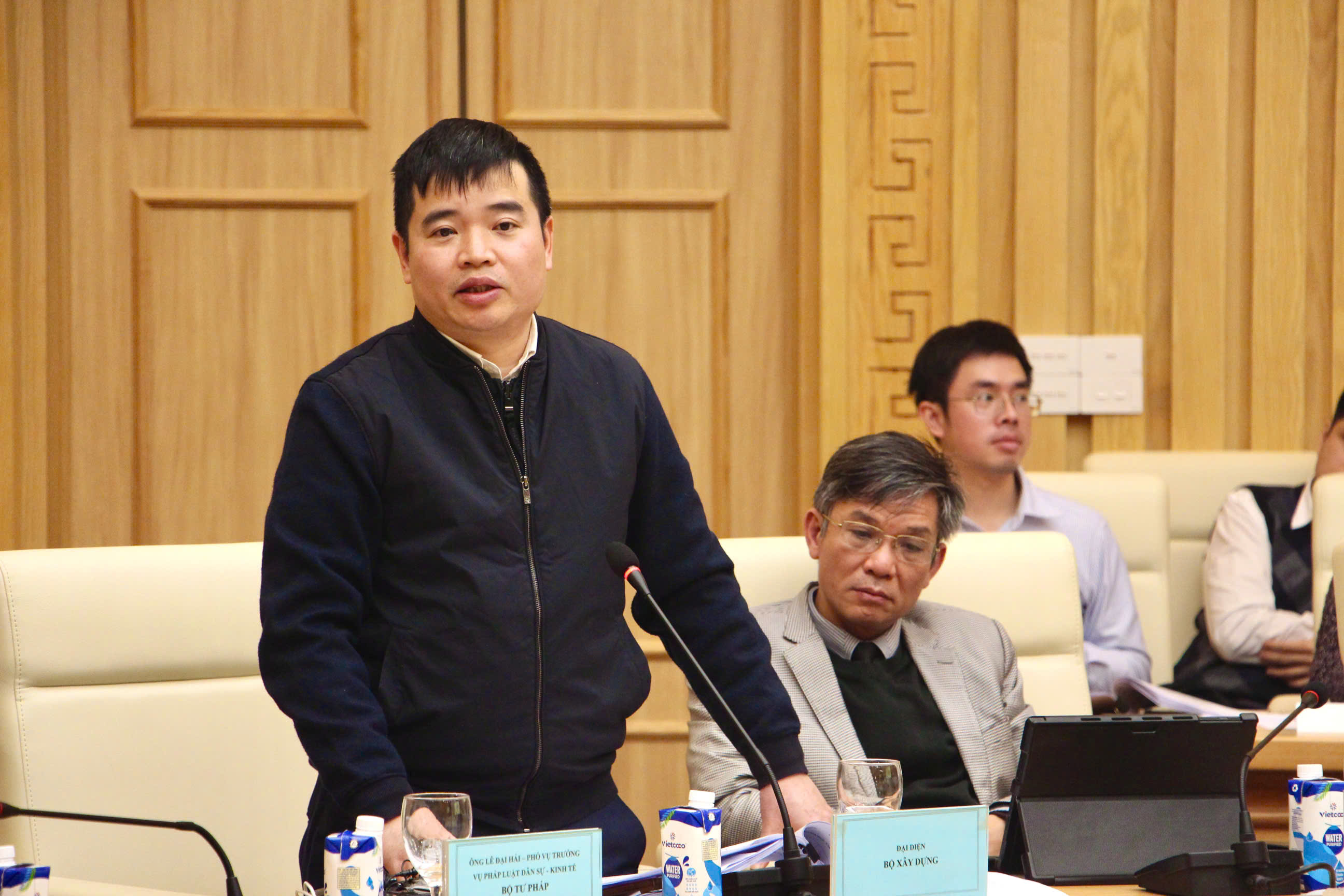
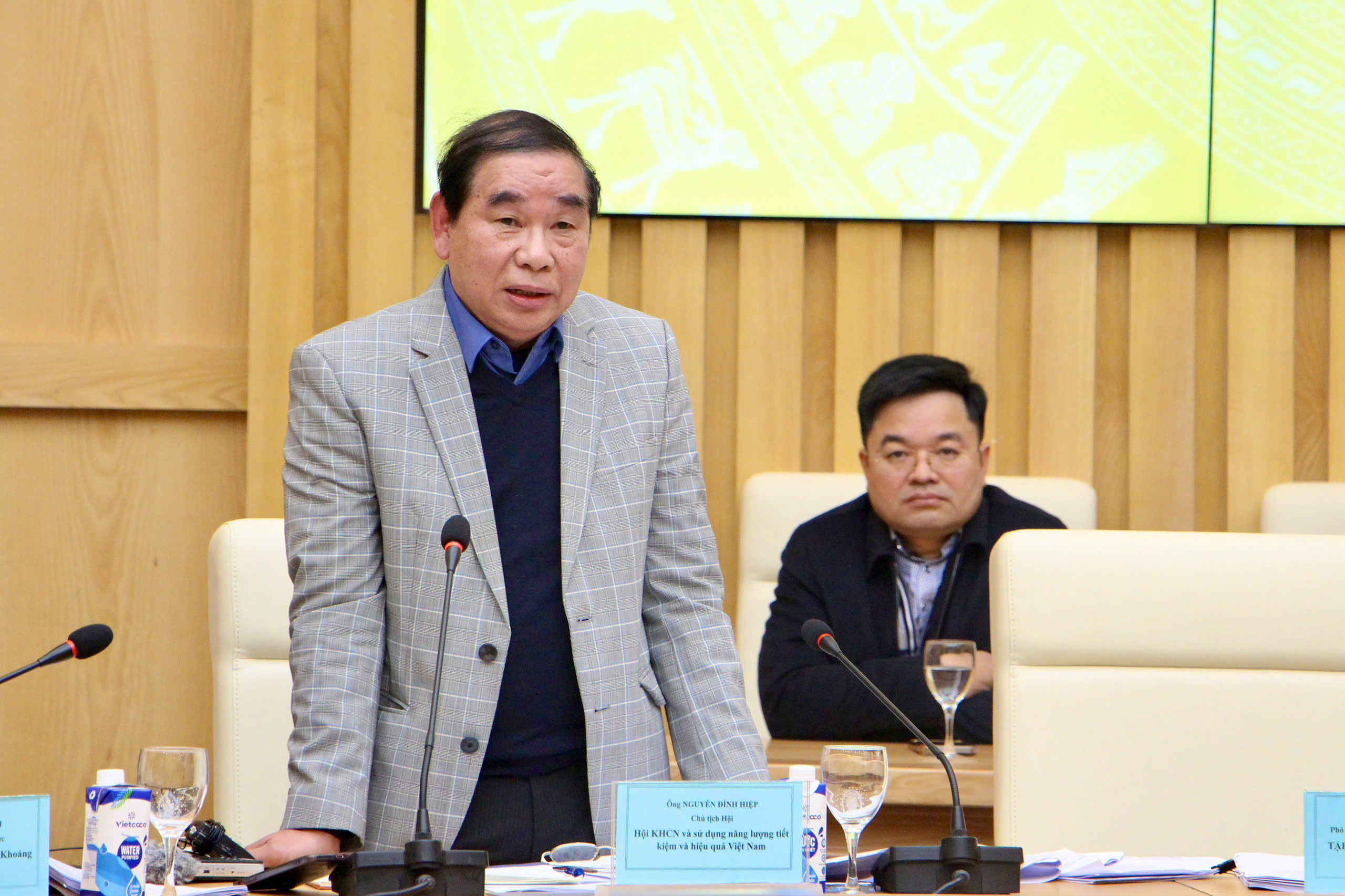
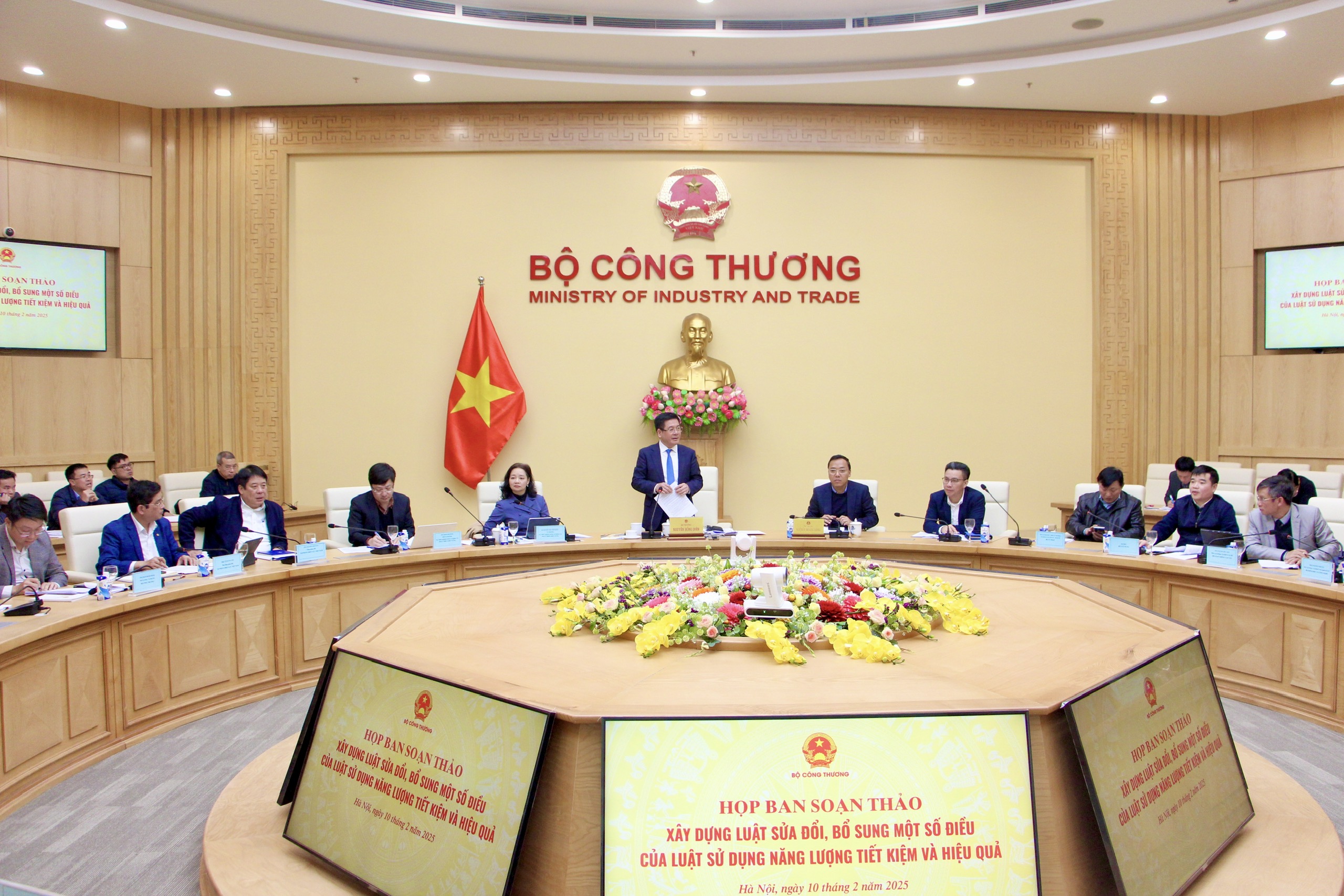
.jpg?w=367&h=206&mode=crop)







 Promoting the Market for Energy-Saving and Efficient Investments in the Industrial Sector
04/12/2024
Promoting the Market for Energy-Saving and Efficient Investments in the Industrial Sector
04/12/2024
 Quantum-inspired design boosts efficiency of heat-to-electricity conversion
Quantum-inspired design boosts efficiency of heat-to-electricity conversion
 Methane emissions from dairy farms higher than thought -- but conversion could reduce emissions
Methane emissions from dairy farms higher than thought -- but conversion could reduce emissions
 Financial solutions for energy efficiency investment activities in Vietnam's industrial sectors
Financial solutions for energy efficiency investment activities in Vietnam's industrial sectors
 Announcement on Roundtable Meeting "Energy Efficiency - Invest Effectively"
Announcement on Roundtable Meeting "Energy Efficiency - Invest Effectively"
 “Transparent” melting furnace increases production output and energy efficiency
“Transparent” melting furnace increases production output and energy efficiency
 EVSET Facility launches the second Call for Technical Assistance to support Non-MOIT entities
EVSET Facility launches the second Call for Technical Assistance to support Non-MOIT entities
 Contract Award Notice - Development of Energy Efficient Technology Catalogs for the Industrial Sector (Package No. C2.1.15)
Contract Award Notice - Development of Energy Efficient Technology Catalogs for the Industrial Sector (Package No. C2.1.15)